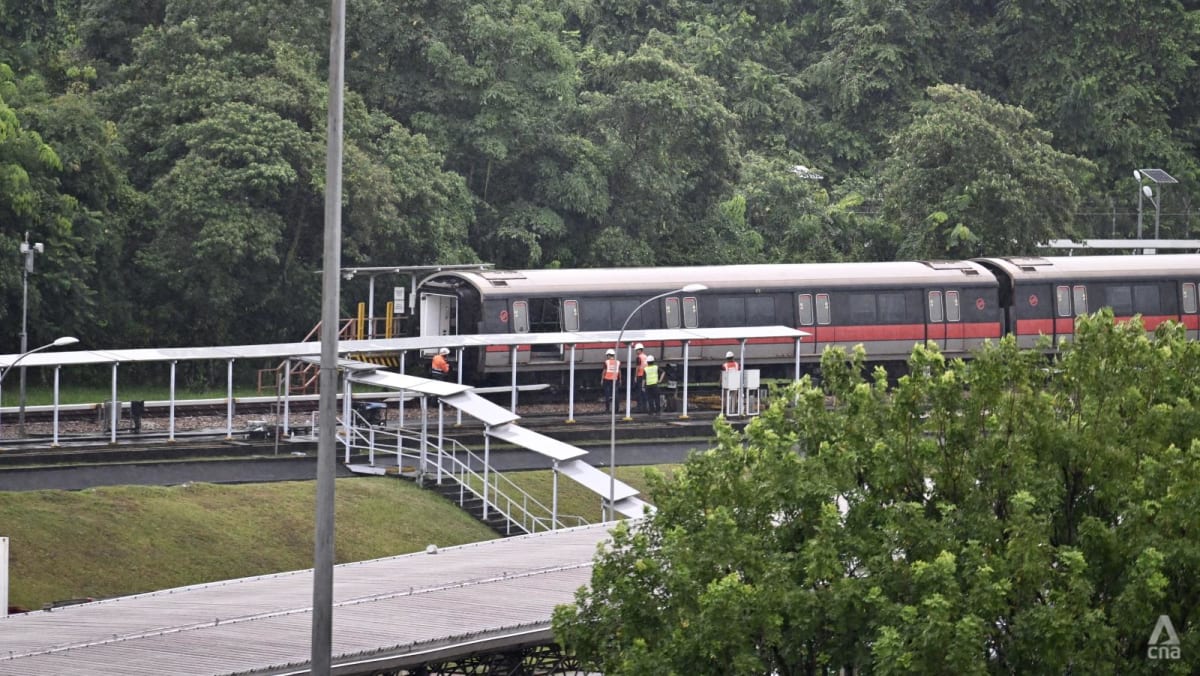CNA also asked experts whether Singapore could consider Hong Kong’s approach, where its train operator was made to give commuters a 50 per cent fare concession for a day due to three separate service disruptions this year. This was on top of a HK$19.2 million (S$3.2 million) fine.
Assoc Prof Theseira pointed out that SMRT’s S$3 million fine could be used to provide blanket concessions, but in Singapore’s case, LTA has already announced that it will go towards helping needy commuters.
He added that in Singapore, fare revenues alone do not cover the operating and maintenance costs for public transport operators.
“Reducing their fare revenue directly would just have the effect of later requiring more public funding to ensure operations are sustainable,” he said.
This is why proposals to cut fares or stop fare increases don’t produce the effect of “punishing” the operator, said Assoc Prof Theseira.
“In the end, public subsidies are required, so it is actually punishing the taxpayer.”
ON THE OVERHAUL REGIME
Assoc Prof Theseira said the findings on the causes of the incident pointed to a failure to fully understand the risks of adjusting the maintenance and overhaul regime of the train’s axle boxes.
One of these boxes had failed and dropped from the train and onto the tracks.
LTA gives operators flexibility to make tweaks according to operation experience and engineering analysis because operating conditions differ, and the manufacturer’s recommendations may not necessarily be appropriate, he said.
Assoc Prof Ong noted that SMRT was in the process of overhauling its first-generation trains when the incident took place.
“It’s unfortunate … because they are already overhauling, and they are all queuing up to be overhauled.”
President of SMRT Trains Lam Sheau Kai said on Tuesday that the operator’s overhaul regime had served it well over the past 38 years.
“What may have caught us off-guard this time was the convergence of factors – delays in new train deliveries due to COVID-19, our efforts to balance and adjust overhaul schedules, and the lag in receiving critical spare parts.”
He added that for “rare, black swan events like COVID-19”, it was important that SMRT and LTA come together to “reassess collectively”.
LTA has said that going forward, it will require rail operators to inform them of extensions to overhaul intervals.
